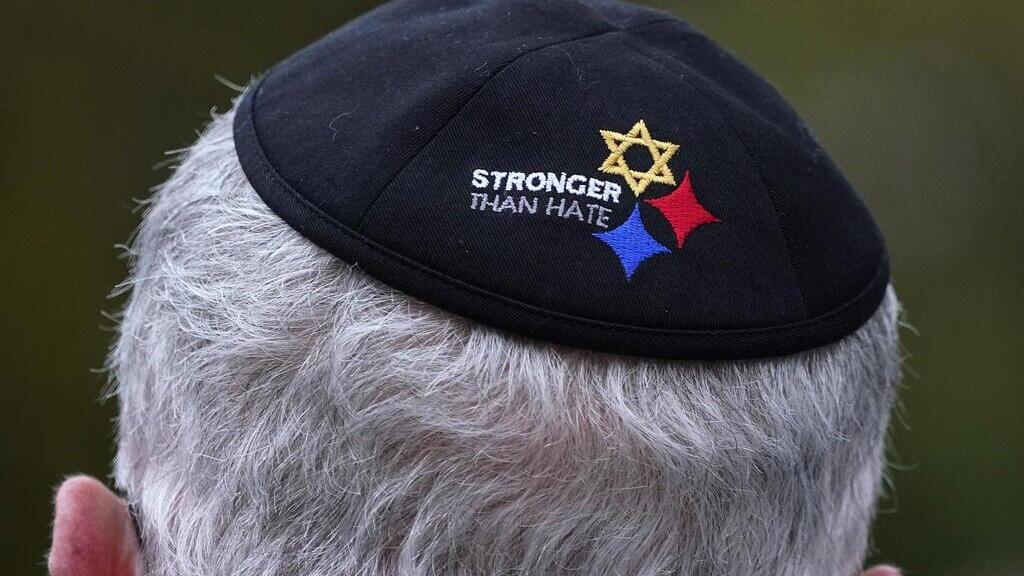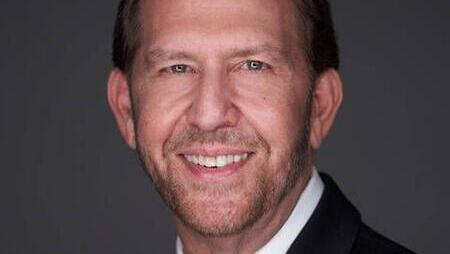Reform and Conservative Jewish communities in the U.S., comprised of 80% of the American Jewish population, report a severe shortage of rabbis after the baby boomers have reached retirement age and the admissions for rabbinical studies in non-orthodox institutions continues to decline especially after the COVID-19 pandemic. Only seven people enrolled in the rabbinical studies center in New York this year, half the amount of the previous decade.
Read more:
The Conservative movement said had been seeking rabbis for 80 of its congregations this year and only a few positions had been filled and the Reform movement said it too was seeing 30% drop in enrollments at Hebrew Union College's three campuses, since 2008.
The shortage can be explained in a variety of ways, starting from the geographical distance in some communities, burnout and opportunities for better pay outside the Jewish religious world. The average salary for a rabbi in the U.S. is $175,000 annually. Either way in some communities are left with few solutions.
A resolution that was borne from the shortage in rabbis is cantors stepping in to assume the position of rabbis, becoming the flocks' only spiritual leader. The Reform movement – America's largest Jewish stream, there are currently 13 cantors leading communities. Rabbi Jeremy Lipton, responsible for appointing cantors in the Cantor Association, affiliated with the Conservative movement said 24 of his members are the only spiritual leaders in their communities, up from 10 a decade ago.
Religious seminaries have also expanded their syllabus for cantors to prepare them for the additional responsibilities they may have to assume, including providing emotional support, and intensive studies in Jewish texts, similar to the education rabbinical students receive.
Lipton said these cantors are not motivated by pay or position. "There can be other factors under consideration such as the appreciation of the congregation especially amid the reduction in congregations in general.
He now serves as the Rabbi of the Beit El congregation in Akron, Ohio, and regards the practice in a positive light. He believes congregants have a new perspective on the importance that a cantor brings and the congregation is often the better for it.
Lipton said cantors in the U.S. unlike in Israel, are graduates of a rigorous five-year course which is equal to a PhD and differs only slightly from rabbinical studies. Cantors add their passion to music and text, he said adding that they are also involved in the congregations' administration in general, they teach, provide council, attend weddings and funerals and are authorized by law to do so.
Both rabbis and cantors work to achieve the same goals, Lipton said, which is to uplift their congregations and give the members a sense of belonging.




